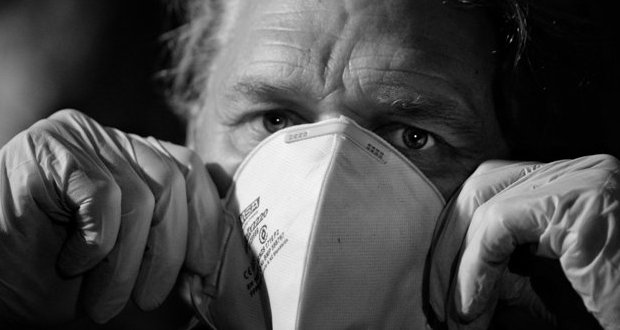Human Suffering And What We Can Learn From It

Today is sometimes called ‘spy Wednesday’, a reminder of Judas’s betrayal of Jesus to the Sanhedrin. Holy Week is under way, with its riveting story of betrayal, suffering, death, and finally resurrection. Remember earlier this week I advised that Judas will be very prominent in the readings this week. What is Jesus teaching us about suffering? Are there any lessons for us?
Popular culture does not reveal the meaning or benefit of suffering to us; in fact it goes far to make it invisible. It creates a vast dream of comfort, satisfaction and security that couldn’t possibly be true to actual experience. Even when the media show us gruesome pictures of human suffering, these are quickly followed by ads for sportswear, faster cars and alcohol etc. The images thereby lose their power, and there is an unspoken assumption that it is all right to pass suffering by.
But this week it is not possible to pass it by. It unfolds before us, with its questions, its power to challenge and uproot. We have to ask: Why suffering? Am I supposed to think that it’s good for me? And why do we celebrate and glorify the suffering of Christ, instead of deploring it? What meaning does it have?
Nobody will ever be satisfied with a quick answer; I am not sure if I could give one or even explore the true depths. Suffering is too close to us for book answers. Suffering is a different kind of ‘knowing’. “People who have not suffered, what do they know?” said Henry Suso, a man who suffered more than most in a century (the 14th) Here is his statement in context: “There is nothing more painful than suffering, and nothing more joyful than to have suffered. Suffering is short pain and long joy. All the saints are the cup-bearers of a suffering person, for they have all tasted it once themselves, and they cry out with one voice that it is free from poison and a wholesome drink.” They are the proof that it is not poison.
Have you ever met anyone who never suffered? What would such a person be like? He would have no depth, no growth, no awareness; he would be absolutely juvenile. What could he teach us? Imagine parents who protected their child from everything! God’s mercy did not protect Jesus from suffering, nor Mary, nor any of his disciples through the ages. We cannot expect that it will protect us. It would be protecting us from life, and that would be no mercy. This ‘knowledge’ of the meaning of suffering is not book-knowledge or factual knowledge; it is experience that continues day by day and is never finished. It is not the kind of knowledge that gives us security and control but which opens us up to experience, to new life.
Papa God give us the strength to accept this cup, to reflect on the meaning of your own suffering and love for us.






